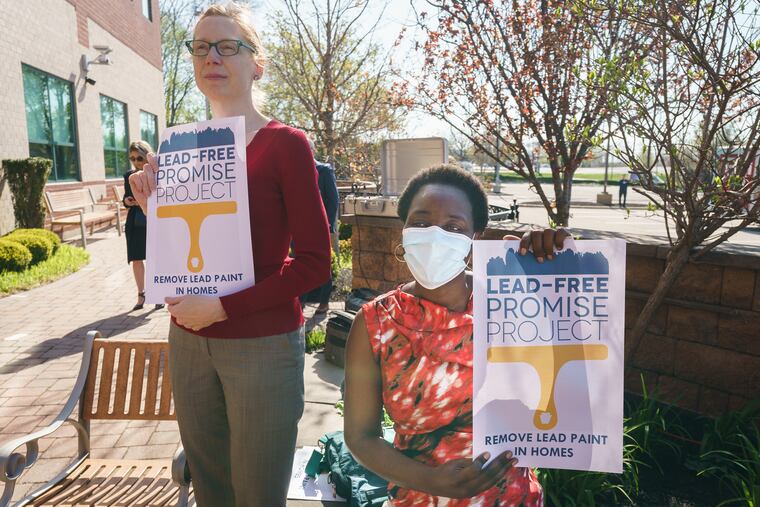Pennsylvania receives $25.6 million to improve maternal and infant health at new Philly center
As maternal mortality and morbidity increase, state officials and Temple staff are to receive federal funding to address the issue.

The state has received $25.6 million in federal money for the creation of a maternal and infant health center in the city’s Crescentville neighborhood.
Based on a similar center — UPMC Magee-Womens Hospital in Pittsburgh — Temple will offer services such as maternal intensive care, surgical units, and a fetal care center in addition to offerings like pediatrics and gynecology.
About $5 million of the funds will be used to create the center, while $10 million will go toward lead remediation. The bulk of the rest, funded through the American Rescue Plan, will go to various programs and the creation of jobs for the facility.
The funding will also pay for more certified doulas to assist people before, during, and after pregnancy.
“To save birthing people across the Commonwealth, we must do more specifically around the social determinants of health that we know plays a critical role in the success of families,” said State Rep. Morgan Cephas (D., Phila.) on Thursday morning outside Temple’s new Hospital for Women’s Health on Wyoming Avenue.
Nurturing Maternal and Child Health Initiative in Pennsylvania will focus on reducing the disparities often seen among the races.
As Cephas noted, Black women are three times more likely to die from pregnancy related issues. In the last couple of years alone, pregnancy deaths across the country have risen 14%.
The center will have a liaison working with Temple’s Center for Population Health, which focuses on social determinants of health like housing, food insecurity, and health literacy.
Lakisha Sturgis, director of community care management for the center, said she hires locally, so “they’re trusted voices in the community. They are able to build an established relationship with our patient population that comes into the hospital, and then they provide services and resources.”
Although some programming could start in 2022, representatives and hospital administration said the center is scheduled to open in summer of 2023.
The Philadelphia Inquirer is one of more than 20 news organizations producing Broke in Philly, a collaborative reporting project on solutions to poverty and the city’s push toward economic justice. See all of our reporting at brokeinphilly.org.